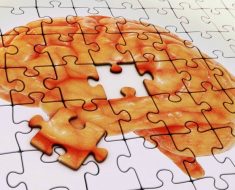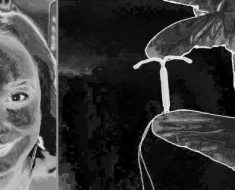
Many pet owners know that our connections with animals can be on an emotional par with those we share with other humans—and scientific research backs this up.
The key ingredients of human attachment are experiencing the other person as a dependable source of comfort, seeking them out when distressed, feeling enjoyment in their presence and missing them when apart. Researchers have identified these as features of our relationships with pets too.
But there are complexities. Some groups of people are more likely to develop intimate bonds with their pets. This includes isolated older people, people who have lost trust in humans, and people who rely on assistance animals.
Researchers have also found our connections with our fluffy, scaled and feathered friends come with a price, in that we grieve the loss of our pets. But some aspects of pet grief are unique.
Euthanasia
For many people, pet death may be the only experience they have of grief connected to euthanasia. Guilt or doubt over a decision to euthanize a cherished companion animal can complicate grief. For example, research has found that disagreements within families about whether it is (or was) right to put a pet to sleep can be particularly challenging.
But euthanasia also gives people a chance to prepare for a beloved animal’s passing. There is a chance to say goodbye and plan final moments to express love and respect such as a favorite meal, a night in together or a last goodbye.
There are stark differences in people’s responses to pet euthanasia. Israeli research found that in the aftermath of euthanized pet death, 83% of people feel certain they made the right decision. They believed they had granted their animal companion a more honorable death that minimized suffering.
However, a Canadian study found 16% of participants in their study whose pets were euthanized “felt like murderers.” And American research has shown how nuanced the decision can be as 41% of participants in a study felt guilty and 4% experienced suicidal feelings after they consented to their animal being euthanized. Cultural beliefs, the nature and intensity of their relationship, attachment styles and personality influence people’s experience of pet euthanasia.
Disenfranchised grief
This type of loss is still less acceptable socially. This is called disenfranchised grief, which refers to losses that society doesn’t fully appreciate or ignores. This makes it harder to mourn, at least in public.
Psychologists Robert Neiymeyer and John Jordan said disenfranchised grief is a result of an empathy failure. People deny their own pet grief because a part of them feels it is shameful. This isn’t just about keeping a stiff upper lip in the office or at the pub. People may feel pet grief is unacceptable to certain members of their family, or to the family more generally.
And at a wider level, there may be a mismatch between the depth of pet grief and social expectations around animal death. For example, some people may react with contempt if someone misses work or takes leave to mourn a pet.
Research suggests that when people are in anguish over the loss of a pet, disenfranchised grief makes it more difficult for them to find solace, post-traumatic growth and healing. Disenfranchised grief seems to restrain emotional expression in a way that makes it harder to process.
Our relationships to our pets can be as meaningful as those we share with each other. Losing our pets is no less painful, and our grief reflects that. There are dimensions of pet grief we need to recognize as unique. If we can accept pet death as a type of bereavement, we can lessen people’s suffering. We’re only human, after all.
Provided by
The Conversation
This article is republished from The Conversation under a Creative Commons license. Read the original article.
Source: Read Full Article





